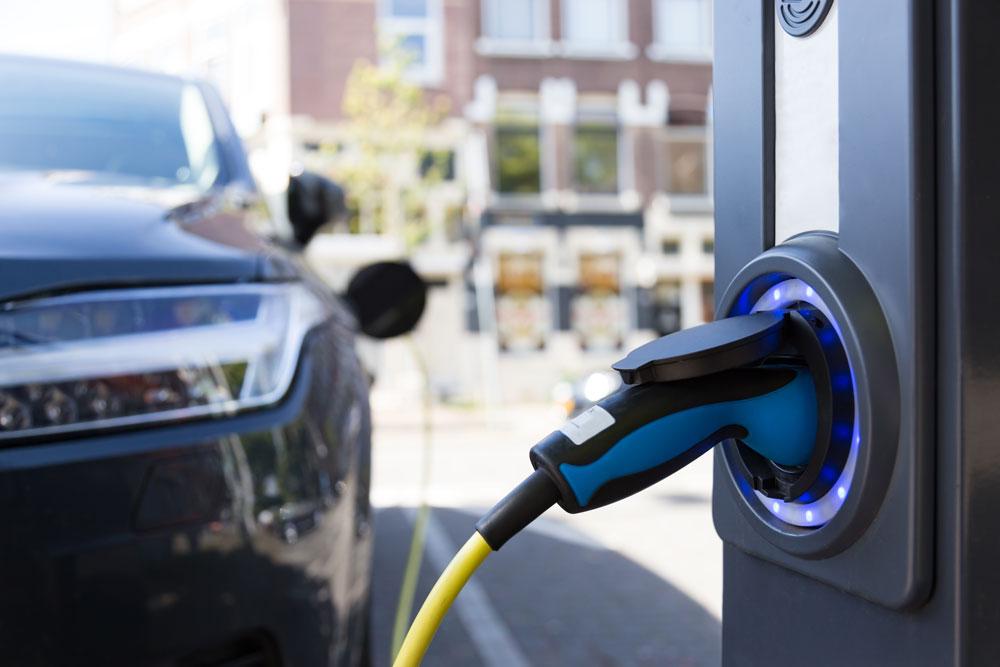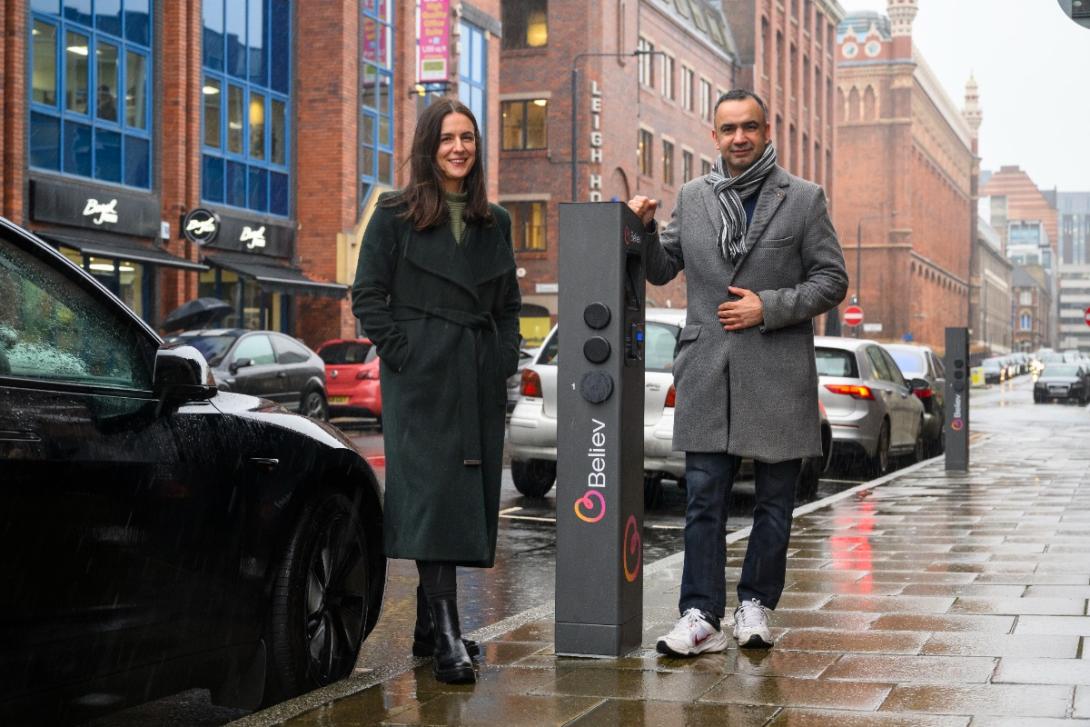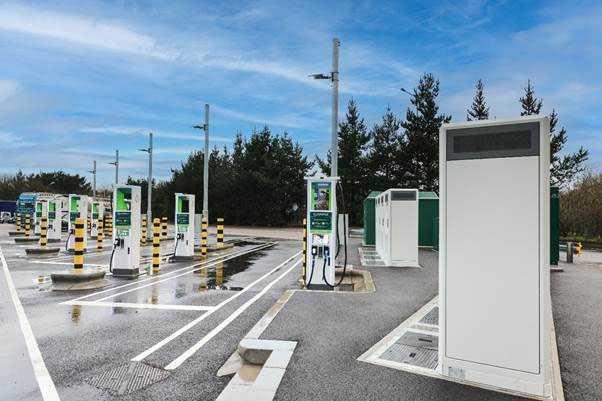Research by ChargeUK shows the huge increases in energy costs facing the companies installing and running the nation’s public EV charging infrastructure.
The ChargeUK white paper ‘Delivering Affordable Charging for All’ sets out how this has impacted the prices that drivers pay, as well as three deliverable steps government can take to support cost-effective charging.
ChargeUK, the voice of the UK charging industry, has called on the government to address the industry’s high energy bills, parts of which have risen fourfold in just four years, with cost of charging a key consideration for drivers ahead of the 2030 deadline for phasing out sales of new petrol and diesel cars.
Vicky Read, CEO of ChargeUK, warned, “If the Government wishes to ensure that cost of charging does not become a barrier to millions more drivers switching to EVs, it needs to take action – to tackle sky-high energy costs, to address the VAT penalty and to introduce EV charging to its existing renewable fuel credit scheme.”
She added, “The EV transition is well underway, with a quarter of all new cars sold an EV, and the public charging network hitting 85,000 charge points this month. Most drivers can already charge affordably, and the charging sector is innovating to offer additional ways to access cost-effective options. But the public charging sector has been hit by a series of policy and regulatory decisions that have caused our own costs to soar, with an unavoidable impact on some driver prices.”
The White Paper sets out a three-point plan for policymakers. The first is to tackle operators’ prohibitively high energy costs, the second is to add EV charging to the existing Renewable Transport Fuel Obligation scheme, and the third is to eliminate the VAT penalty on public charging.







